Flax seed oil promotes heart health by supporting healthy cholesterol levels and cardiovascular function. Consuming flax seed oil as part of a balanced diet may contribute to reducing the risk of heart disease and stroke.
Beyond cardiovascular benefits, flax seed oil is prized for its potential anti-inflammatory properties, making it a valuable addition to diets aimed at managing inflammatory conditions such as arthritis and autoimmune disorders.
Furthermore, flax seed oil boasts skin-nourishing properties, helping to maintain skin hydration and elasticity. Its antioxidant content helps combat free radicals, which can contribute to premature aging and skin damage.
-
Salad Dressings: Drizzle flax seed oil over salads as a healthy alternative to traditional salad dressings. Combine it with balsamic vinegar, lemon juice, garlic, and herbs for a flavorful dressing that enhances the taste of your greens.
-
Smoothies: Add a tablespoon of flax seed oil to your favorite smoothie recipes. Its mild flavor blends well with fruits, vegetables, yogurt, and other smoothie ingredients, boosting the nutritional content without altering the taste significantly.
-
Yogurt or Oatmeal: Stir flax seed oil into yogurt or oatmeal for a nutritious boost. Mix it with honey, cinnamon, or fruit for added flavor. It's an easy way to incorporate omega-3 fatty acids into your breakfast routine.
-
Rich Source of Omega-3 Fatty Acids: Flax seed oil is one of the richest plant-based sources of alpha-linolenic acid (ALA), a type of omega-3 fatty acid. Omega-3 fatty acids are essential for heart health, brain function, and reducing inflammation in the body.
-
Heart Health: Consuming flax seed oil may help support heart health by lowering levels of LDL cholesterol (the "bad" cholesterol) and triglycerides while increasing HDL cholesterol (the "good" cholesterol). These effects can contribute to a reduced risk of cardiovascular diseases such as heart attack and stroke.
-
Anti-Inflammatory Properties: The omega-3 fatty acids in flax seed oil have anti-inflammatory effects, which may help alleviate symptoms of inflammatory conditions such as arthritis, asthma, and inflammatory bowel disease.
-
Digestive Issues: Some individuals may experience gastrointestinal discomfort such as bloating, gas, diarrhea, or stomach upset when first incorporating flax seed oil into their diet. Starting with small doses and gradually increasing intake may help minimize these symptoms.
-
Allergic Reactions: Allergic reactions to flax seed oil are rare but possible. Individuals with known allergies to flax seeds or other seeds should exercise caution when consuming flax seed oil and monitor for signs of allergic reactions, such as itching, hives, swelling, or difficulty breathing.
-
Blood Thinning: Flax seed oil contains omega-3 fatty acids, which have natural blood-thinning properties. While this can be beneficial for cardiovascular health by reducing the risk of blood clots, it may increase the risk of bleeding in individuals taking blood-thinning medications such as warfarin (Coumadin) or aspirin. Consult with a healthcare professional before using flax seed oil if you are taking blood-thinning medications.
-
Allergies: Individuals with known allergies to flax seeds or other seeds should avoid flax seed oil or use it with caution. Allergic reactions can range from mild symptoms such as itching or hives to severe reactions such as difficulty breathing or anaphylaxis. If you experience any signs of an allergic reaction after consuming flax seed oil, discontinue use immediately and seek medical attention.
-
Blood Thinning: Flax seed oil contains omega-3 fatty acids, which have natural blood-thinning properties. While this can be beneficial for cardiovascular health by reducing the risk of blood clots, it may increase the risk of bleeding in individuals taking blood-thinning medications such as warfarin (Coumadin), aspirin, or nonsteroidal anti-inflammatory drugs (NSAIDs). Consult with a healthcare professional before using flax seed oil if you are taking any medications that affect blood clotting or if you have a bleeding disorder.
-
Hormone Sensitivity: Flax seed oil contains lignans, which are phytoestrogens that have weak estrogenic activity in the body. While this can be beneficial for hormonal balance in some individuals, excessive consumption of flax seed oil may potentially interfere with hormone levels, particularly in individuals with hormone-sensitive conditions such as breast cancer, uterine fibroids, or endometriosis. If you have a history of hormone-sensitive conditions, consult with a healthcare professional before using flax seed oil.

22354205.jpg) Wellness
Wellness EYES
EYES Wellness
Wellness ACR
ACR BEST PRODUCT
BEST PRODUCT Hair Oil
Hair Oil Immunity
Immunity Health Related Issues
Health Related Issues abc
abc Hair Fall
Hair Fall Sensuality
Sensuality Hair oil
Hair oil Hair Growth
Hair Growth NFC
NFC Health Related Issues
Health Related Issues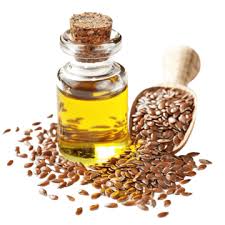
























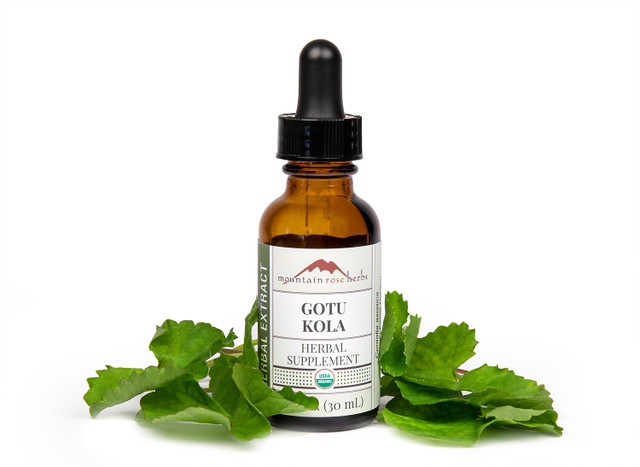







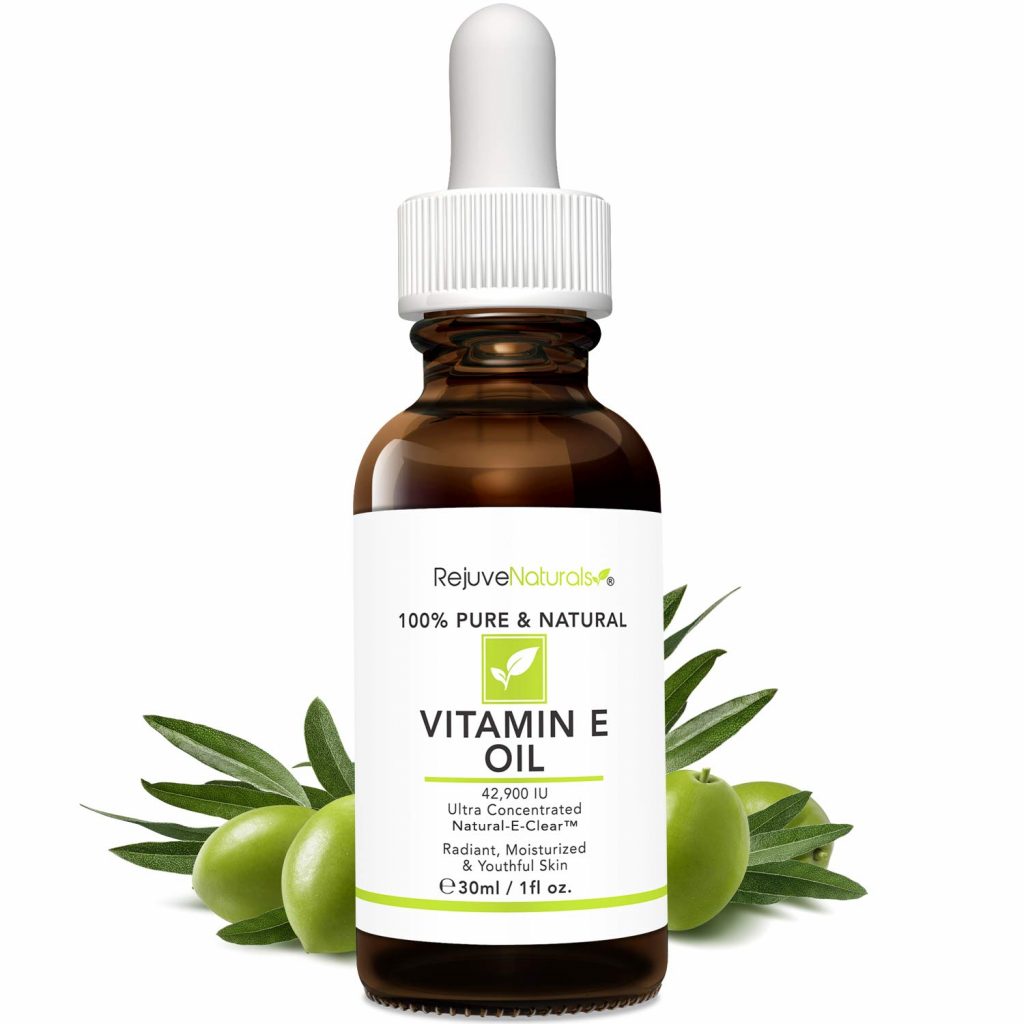
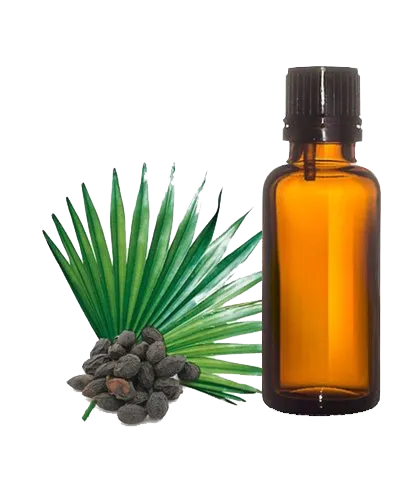






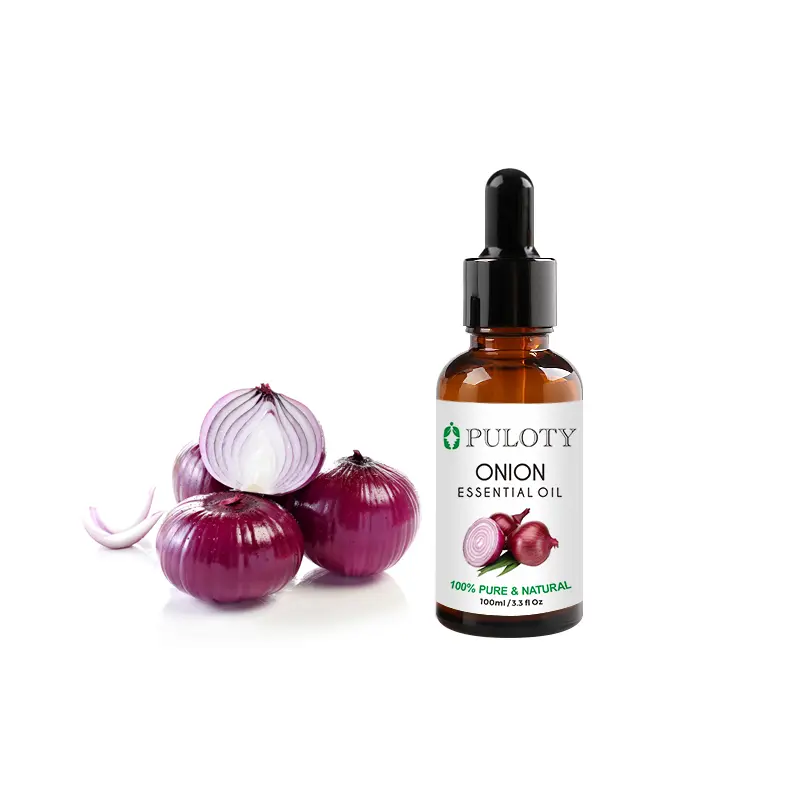
24394239.png)










22354205.jpg) Lower
Lower abc
abc wellness
wellness Hair Fall
Hair Fall Skin Care
Skin Care Sensuality
Sensuality Carry
Carry Hair oil
Hair oil Gray to Black
Gray to Black Hair Growth
Hair Growth Sexual Wellness & Sensuality
Sexual Wellness & Sensuality NFC
NFC Lavender
Lavender Health Related Issues
Health Related Issues Natural Herbs
Natural Herbs Immunity
Immunity Joints Pain
Joints Pain Diabetic Issues
Diabetic Issues Skin,Fever,Cancer
Skin,Fever,Cancer Heart Related Issues
Heart Related Issues
Customer questions & answers
Customer reviews
4.8 out of 5